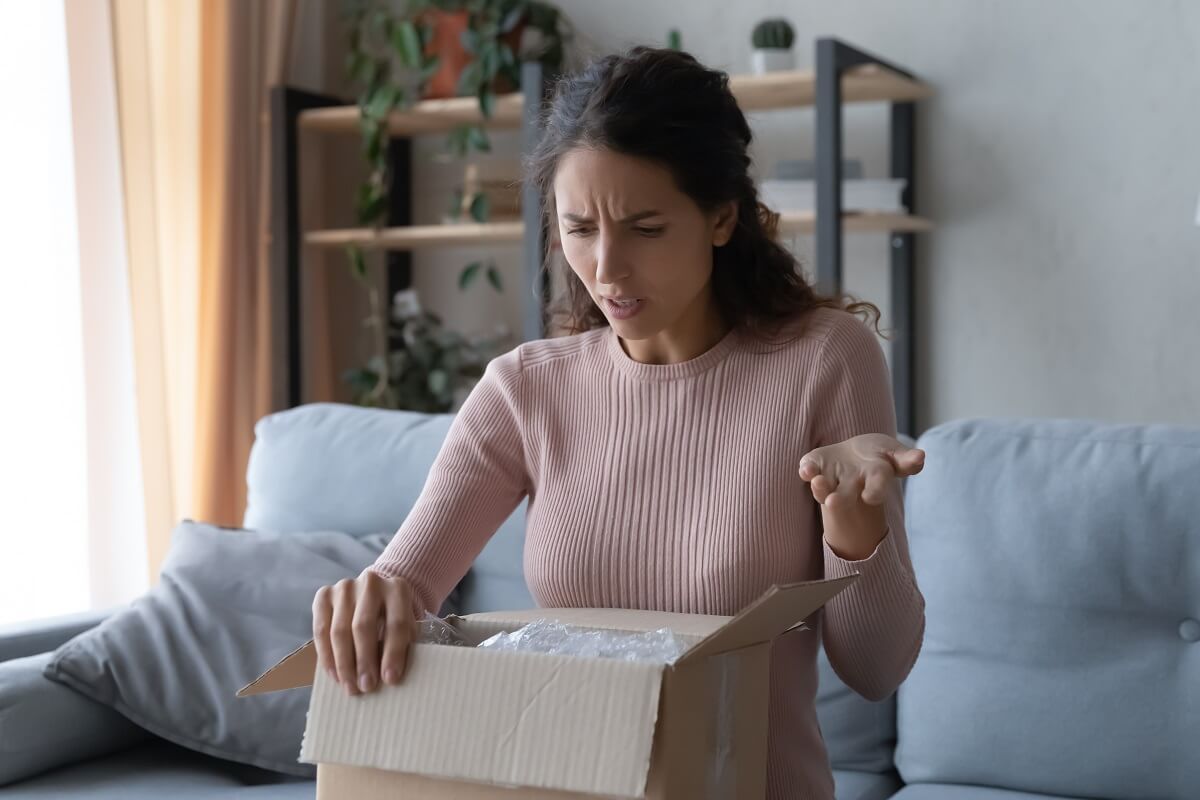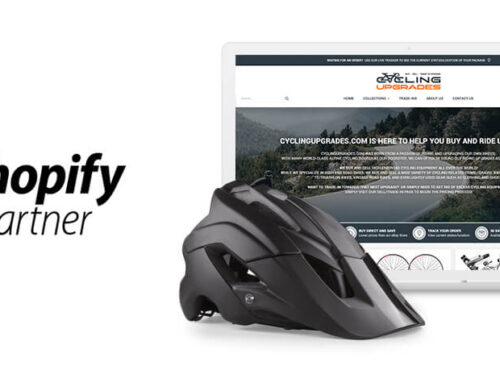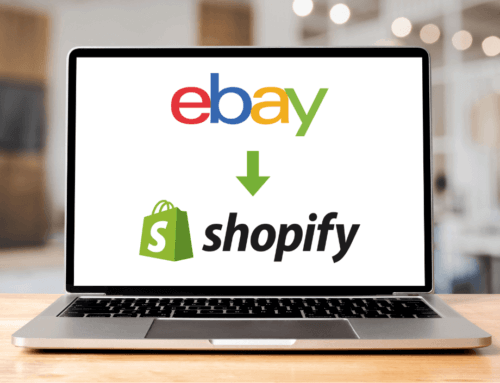
Fashion retailer Zara last week announced it was joining a growing number of companies to start charging for online returns.
The company now charges £1.95 to return items bought online, with the money taken from the customer’s refund.
Zara is following in the footsteps of other large retail brands, including Next and Uniqlo, charging for returns.
Returns have long been an issue for fashion retailers, with customers often buying multiple garments and keeping just one.
In a recent media report, the online retail giant BooHoo blamed the high number of returns in part for its 94% decline in profits.
Online returns are particularly problematic for fashion retailers due to the high costs and time scales of returning items to stock. Purchases need to be returned to the warehouse by courier, unpacked, cleaned, and then re-sold. Due to the fast-moving nature of the fashion industry, this can mean clothes have missed their limited sales season and lost their retail value.
There is also the environmental cost of returns with delivery vehicles transporting products that may never be worn. With more than 10,000 items of clothing going to landfill every five minutes, the fashion industry and consumers are being urged to make more ethical choices.
So what does this mean for independent online retailers?
The high cost of returns, along with rising fuel costs, and the ongoing supply chain issues following the Covid-19 pandemic, could be described as the perfect storm in an industry that often operates on wafer-thin margins.
Many smaller retailers will have struggled to compete with the bigger brands offering free returns. Therefore, independent online retailers will largely welcome the introduction of paid returns.
While consumers may make fewer purchases, this will be balanced out with a reduction in returns.
Optimise your listings
Retailers can also help themselves by ensuring customers know exactly what they are buying by improving their product listings.
It’s all about helping your customers make a more informed choice. This will mean deploying better product descriptions, more product images and videos. It will also require more careful use of things like item specifics on online marketplaces like eBay.
As well as better informing your customers about their potential purchases and reducing returns, this strategy will also help you increase your visibility.
To learn more about optimising your online retail business, book a 15-minute discovery call with one of our eCommerce experts today.








